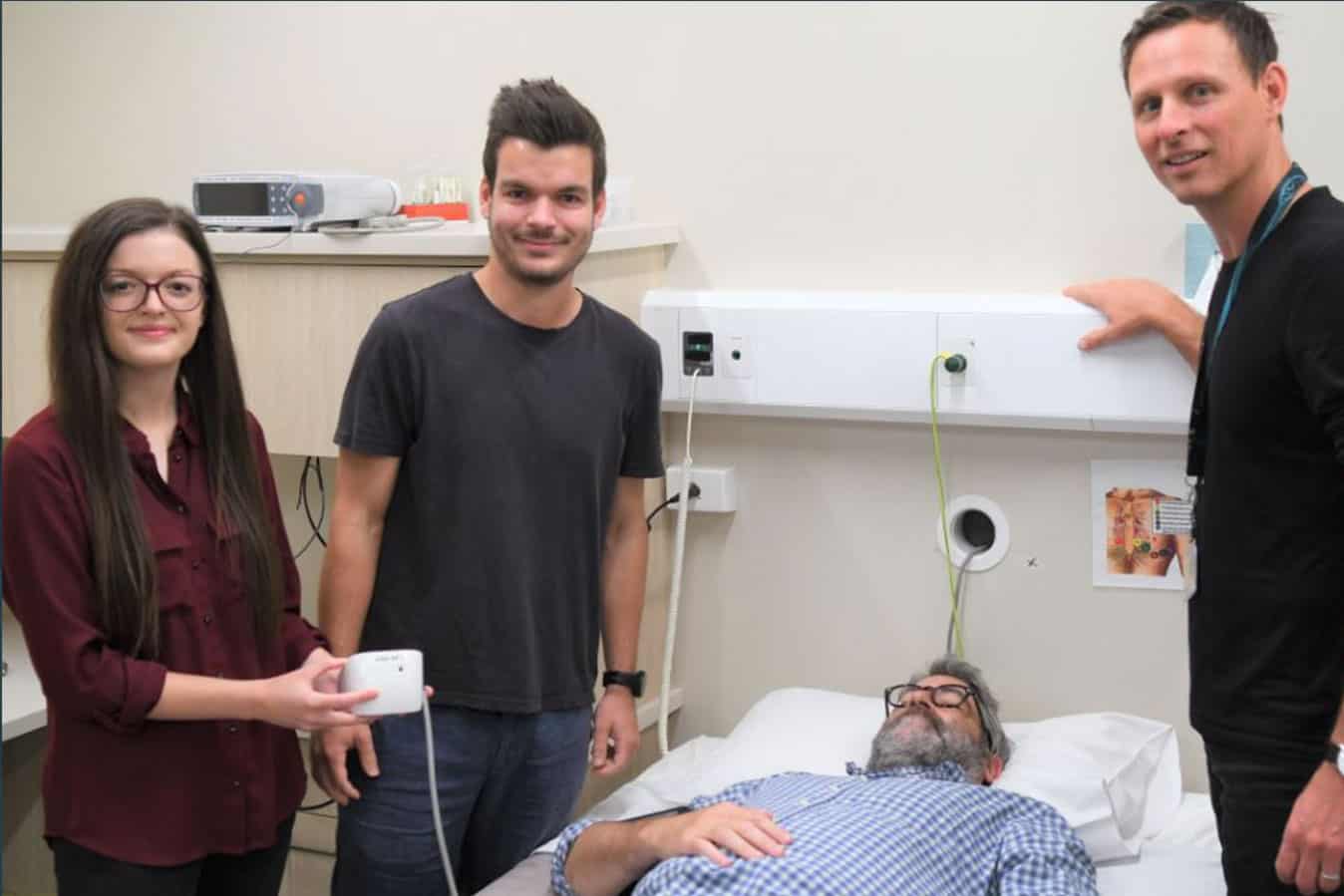Shift workers may be at increased risk of higher blood pressure as a result of irregular sleep patterns and changes to sleep duration.
Flinders University research has found the chances of higher blood pressure increases exponentially with every hour of sleep lost or change to regular night time routine.
The study, published in American Heart Association journal Hypertension, is one of the first large-scale extended studies into the effect of variable sleep patterns on blood pressure.
A global sample covered the equivalent of more than two million nights of home sleep data measured from 12,287 adults – 88% of them men and, on average, overweight (BMI; 28±6kg/m2) – in their own homes using portable under-mattress sensor monitoring technology and remote blood pressure assessment.
On average, each participant had 30 separate blood pressure recordings over the nine-month study timeframe.
The Australian and French researchers found a strong correlation between elevated hypertension and irregular sleep duration and timing.

Regularly varying nightly bedtimes by more than about 30 minutes was associated with a 32% increase in hypertension risk. Higher nightly variability in other timing measures – such as mid-sleep time and wake-up time – were associated with greater hypertension risk.
Given a complex interplay between sleep history, sleep need and circadian influences, irregular sleep could lead to further disruption and even more variation in sleep patterns, the researchers warned.
“Not only should we monitor the amount of sleep, but we should also keep our resting schedule as regular as possible,” said author co-lead and Flinders University sleep psychology researcher Dr Hannah Scott.
As well, inadequate sleep (less than six hours) and even too much sleep (long sleep of nine or more hours) were also associated with increased blood pressure, similarly observed in other studies.
“However, this study also shows that night-to-night variation in sleep timing and duration can have a similar effect, even if people get the recommended seven to nine hours on average for adults aged 18-65 years,” said co-author Dr Bastien Lechat, Research Associate at the Adelaide Institute for Sleep Health.
The findings illustrated how irregularity in both duration and timing of sleep onset and waking up was a clear risk marker for poor cardiovascular health, along with the total number of hours we sleep, Dr Lechat said.
“Further investigations may find other cardio and health issues are connected to day-to-day fluctuations in sleep duration and timing.”
‘Sleep irregularity is associated with hypertension: Findings from over two million nights with a large global population sample’ (2023) is published in the journal Hypertension.








